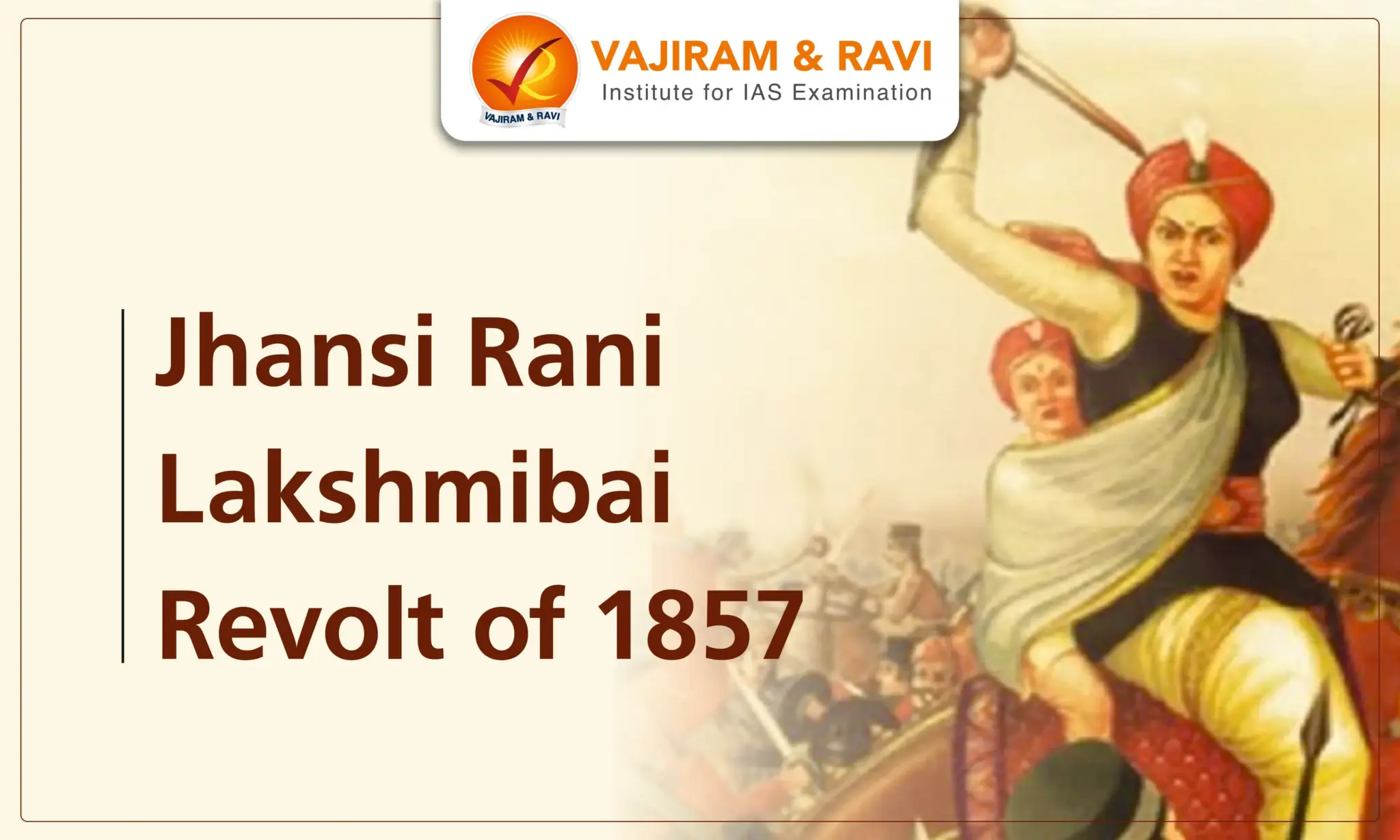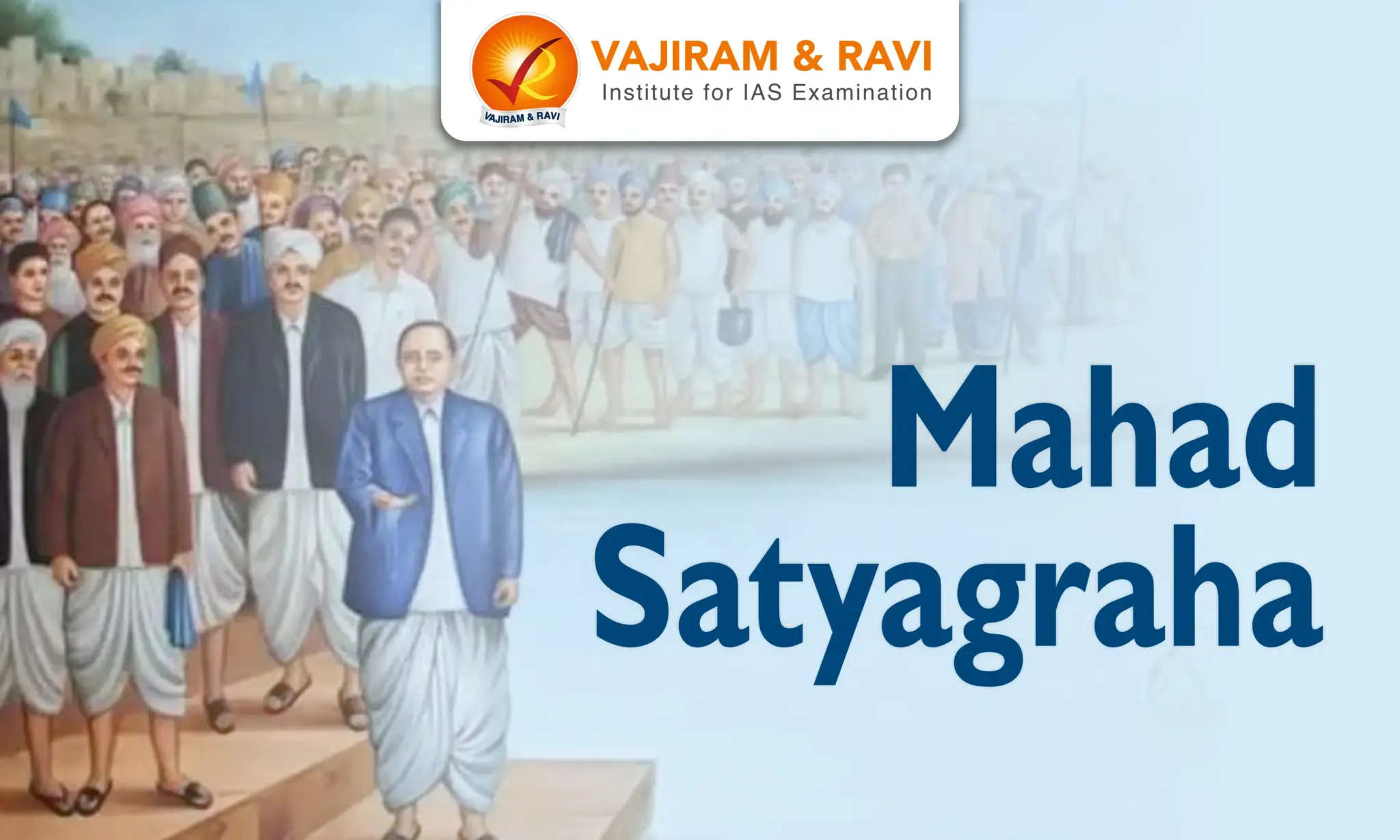Jhansi Rani Lakshmibai stands as one of India’s most iconic figures in the struggle against British colonial rule. Born as Manikarnika Tambe on November 19, 1828, in Varanasi, she rose to prominence as the Queen of Jhansi and a symbol of Indian resistance during the Revolt of 1857.
Refusing to surrender, she played a pivotal role in defending Jhansi against British forces, famously declaring, "I shall not give away my Jhansi." Despite her death in the Battle of Gwalior in 1858, Rani Lakshmibai's courage and patriotism remain an enduring symbol of India's fight for independence.
Jhansi Rani Lakshmibai
The Queen of Jhansi, Rani Lakshmibai, was born in Varanasi on November 19, 1828, as Manikarnika Tambe. Raised in a progressive Maratha household, she was trained in martial arts, horse riding, and sword fighting from an early age. She married Maharaja Gangadhar Rao Newalkar of Jhansi in 1842 and became Rani Lakshmibai. After the death of the Maharaja in 1853, the British East India Company refused to recognize their adopted son as the heir, leading to the annexation of Jhansi under the Doctrine of Lapse.
Jhansi Rani Lakshmibai Revolt of 1857
In the Revolt of 1857, Rani Lakshmibai emerged as a key leader. She resisted British rule following the annexation of Jhansi under the Doctrine of Lapse. When British forces besieged Jhansi, she defiantly declared, “Main apni Jhansi nahin doongi” (I shall not give away my Jhansi), embodying the spirit of resistance.
- In March 1858, when British forces attacked Jhansi she defended the city with remarkable bravery, organizing an army and leading it against Sir Hugh Rose’s forces.
- Despite being heavily outnumbered, she held off the British for two weeks before Jhansi fell.
- Eventually, Rani Lakshmibai escaped to Kalpi and then Gwalior, where she continued to fight alongside rebel leaders like Tantia Tope and Nana Sahib.
Jhansi Rani Lakshmibai Death
Rani Lakshmibai died during the Battle of Gwalior on June 18, 1858. In a fierce confrontation with British forces, she was mortally wounded but refused to be captured alive. Her death marked the end of one of the fiercest resistances during the rebellion, and she became a martyr in India’s struggle for independence.
Jhansi Rani Lakshmibai Legacy
In the British account of the conflict, Hugh Rose wrote that Rani Lakshmibai was "the most dangerous of all Indian leaders". Lakshmibai remains a powerful symbol of courage, patriotism, and sacrifice. Her role in the 1857 revolt made her a national hero, and she continues to inspire generations in India. Lakshmibai’s defiance remains etched in India’s historical memory, and her legacy is celebrated as the epitome of women’s empowerment and resistance to colonial rule.
Last updated on November, 2025
→ Check out the latest UPSC Syllabus 2026 here.
→ Join Vajiram & Ravi’s Interview Guidance Programme for expert help to crack your final UPSC stage.
→ UPSC Mains Result 2025 is now out.
→ UPSC Notification 2026 is scheduled to be released on January 14, 2026.
→ UPSC Calendar 2026 is released on 15th May, 2025.
→ The UPSC Vacancy 2025 were released 1129, out of which 979 were for UPSC CSE and remaining 150 are for UPSC IFoS.
→ UPSC Prelims 2026 will be conducted on 24th May, 2026 & UPSC Mains 2026 will be conducted on 21st August 2026.
→ The UPSC Selection Process is of 3 stages-Prelims, Mains and Interview.
→ UPSC Result 2024 is released with latest UPSC Marksheet 2024. Check Now!
→ UPSC Prelims Result 2025 is out now for the CSE held on 25 May 2025.
→ UPSC Toppers List 2024 is released now. Shakti Dubey is UPSC AIR 1 2024 Topper.
→ UPSC Prelims Question Paper 2025 and Unofficial Prelims Answer Key 2025 are available now.
→ UPSC Mains Question Paper 2025 is out for Essay, GS 1, 2, 3 & GS 4.
→ UPSC Mains Indian Language Question Paper 2025 is now out.
→ UPSC Mains Optional Question Paper 2025 is now out.
→ Also check Best IAS Coaching in Delhi
Jhansi Rani Lakshmibai FAQs
Q1. What is Lakshmibai famous for?+
Q2. When was Rani Lakshmibai was born?+
Q3. Who defeated Rani Laxmibai?+
Q4. Who is the son of Gangadhar Rao?+
Q5. What is the slogan of Rani Lakshmi Bai?+
Tags: jhansi rani lakshmibai quest

















